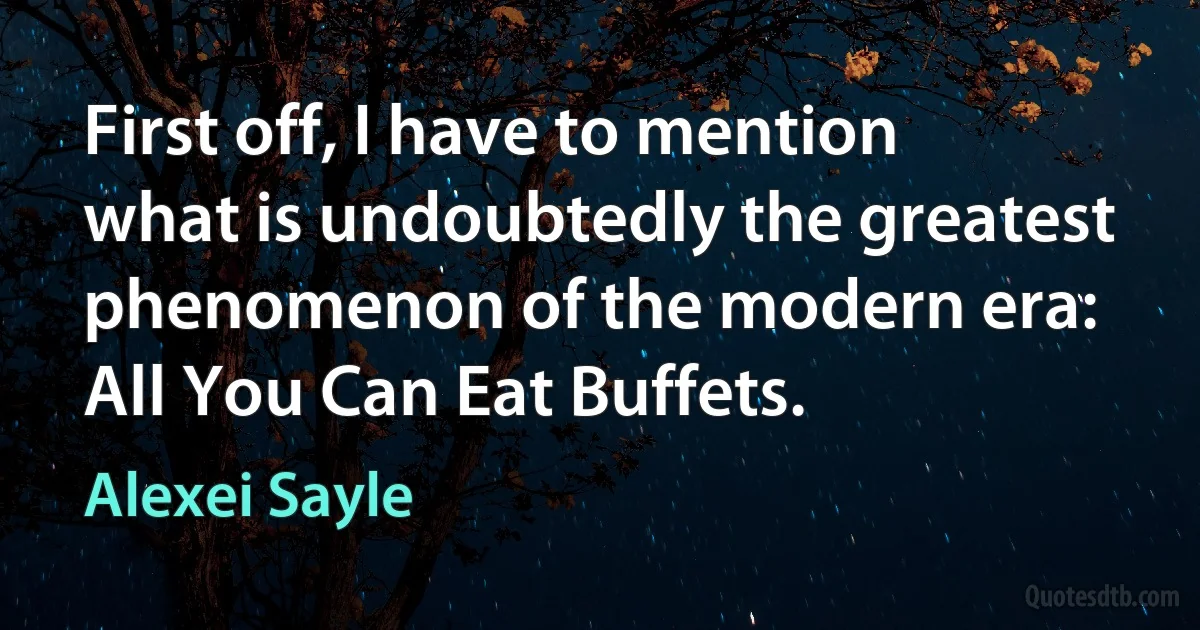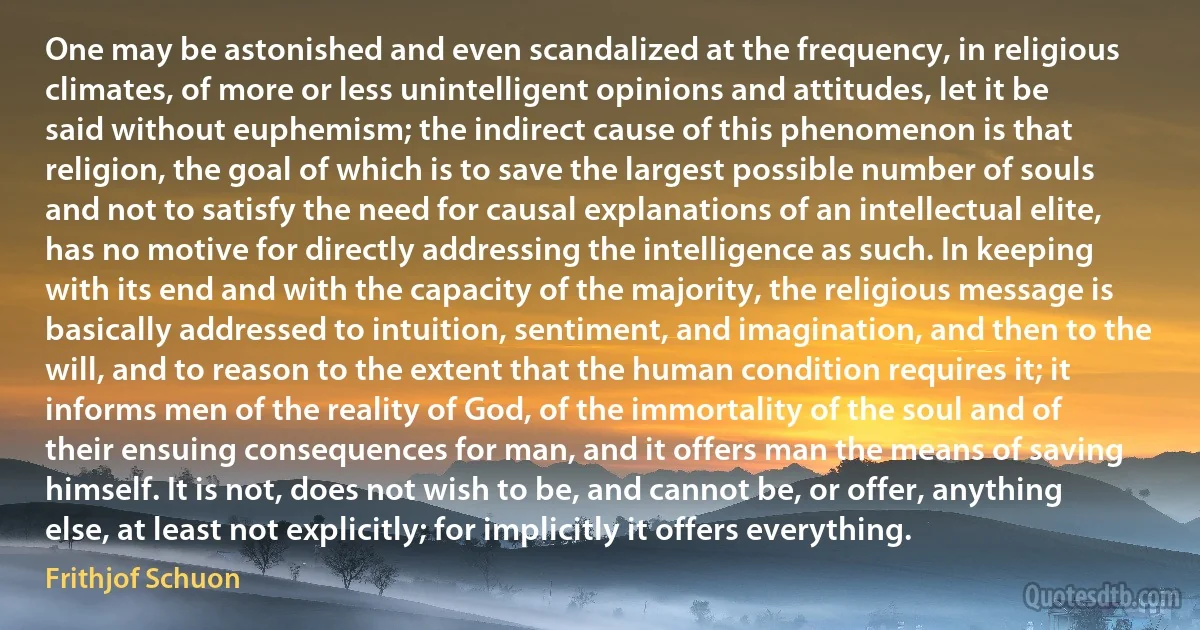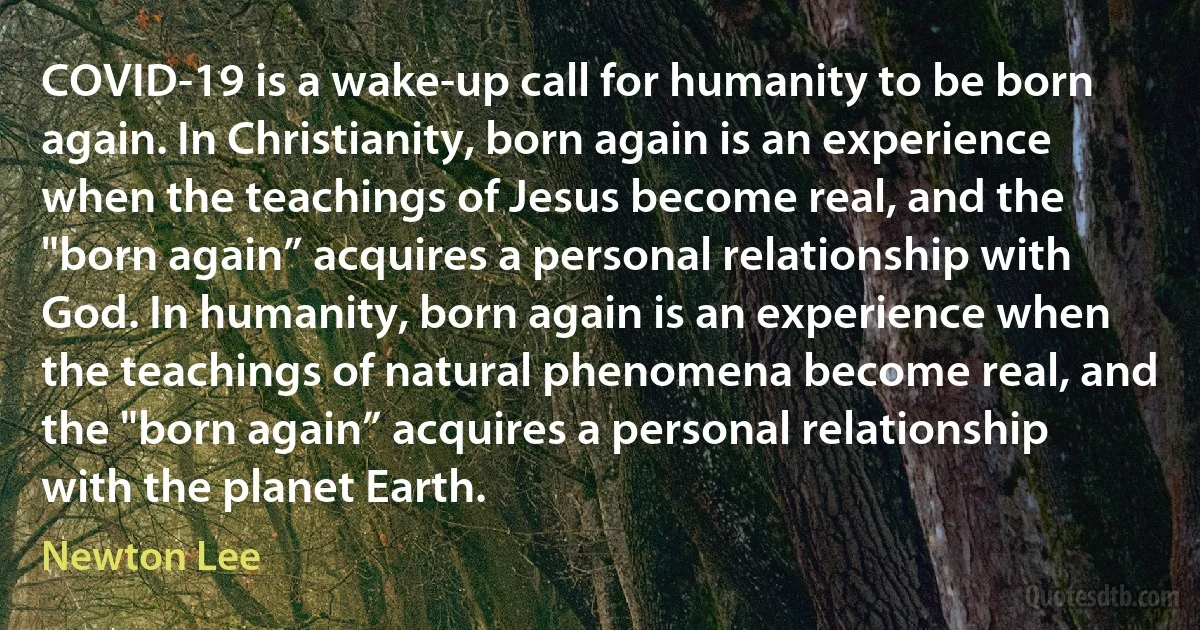Phenomenon Quotes - page 46
For the modernist, in contrast, the past is largely irrelevant. The nation is a modern phenomenon, the product of nationalist ideologies, which themselves are the expression of modern, industrial society. The nationalist is free to use ethnic heritages, but nation-building can proceed without the aid of an ethnic past. Hence, nations are phenomena of a particular stage of history, and embedded in purely modern conditions.

Anthony D. Smith
We regard as 'scientific' a method based on deep analysis of facts, theories, and views, presupposing unprejudiced, unfearing open discussion and conclusions. The complexity and diversity of all the phenomena of modern life, the great possibilities and dangers linked with the scientific-technical revolution and with a number of social tendencies demand precisely such an approach, as has been acknowledged in a number of official statements.

Andrei Sakharov
World is the pattern of meaningful relations in which a person exists and in the design of which he or she participates. It has objective reality, to be sure, but it is not simply that. World is interrelated with the person at every moment. A continual dialectical process goes on between world and self and self and world; one implies the other, and neither can be understood if we omit the other. This is why one can never localize creativity as a subjective phenomenon; one can never study it simply in terms of what goes on within the person. The pole of world is an inseparable part of the creativity of an individual. What occurs is always a process, a doing - specifically a process interrelating the person and his or her world.

Rollo May
To preserve the freedom of the human mind then and freedom of the press, every spirit should be ready to devote itself to martyrdom; for as long as we may think as we will, and speak as we think, the condition of man will proceed in improvement. The generation which is going off the stage has deserved well of mankind for the struggles it has made, and for having arrested the course of despotism which had overwhelmed the world for thousands and thousands of years. If there seems to be danger that the ground they have gained will be lost again, that danger comes from the generation your contemporary. But that the enthusiasm which characterizes youth should lift its parricide hands against freedom and science would be such a monstrous phenomenon as I cannot place among possible things in this age and country.

Thomas Jefferson
Egocentrism in so far as it means confusion of the ego and the external world, and egocentrism in so far as it means lack of cooperation, constitute one and the same phenomenon. So long as the child does not dissociate his ego from the suggestions coming from the physical and from the social world, he cannot cooperate, for in order to cooperate one must be conscious of one's ego and situate it in relation to thought in general. And in order to become conscious of one's ego, it is necessary to liberate oneself from the thought and will of others. The coercion exercised by the adult or the older child is therefore inseparable from the unconscious egocentrism of the very young child.

Jean Piaget
Man is by definition pontifex, "builder of bridges", or "builder of a bridge". For man possesses essentially two dimensions, an outward and an inward; he therefore has the right to both, or else he would not be man, precisely; to speak of a man without surroundings is as contradictory as to speak of a man without a core. On the one hand, we live among the phenomena which surround us and of which we are a part, and on the other hand, our hearts are rooted in God; consequently we must realize as perfect an equilibrium as possible between our life in the world and our life directed toward the Divine. Obviously this second life determines the first and gives it all its meaning; the rights of outwardness depend upon measures which pertain to the inward and which the inward imposes upon us.

Frithjof Schuon
The sense of the sacred, or the love of sacred things − whether of symbols or modes of Divine Presence − is a conditio sine qua non of Knowledge, which engages not only our intelligence, but all the powers of our soul; for the Divine All demands the human all. The sense of the sacred, which is none other than the quasi-natural predisposition to the love of God and the sensitivity to theophanic manifestations or to celestial perfumes − this sense of the sacred essentially implies both the sense of beauty and the tendency toward virtue; beauty being as it were outward virtue, and virtue, inward beauty. It also implies the sense of the metaphysical transparency of phenomena, that is, the capacity of grasping the principial within the manifested, the uncreated within the created.

Frithjof Schuon
The militarily-patriotic and the romantic-minded everywhere, and especially the professional military class, refuse to admit for a moment that war may be a transitory phenomenon in social evolution. The notion of a sheep's paradise like that revolts, they say, our higher imagination. Where then would be the steeps of life? If war had ever stopped, we should have to re-invent it, on this view, to redeem life from flat degeneration.
Reflective apologists for war at the present day all take it religiously. It is a sort of sacrament. It's profits are to the vanquished as well as to the victor; and quite apart from any question of profit, it is an absolute good, we are told, for it is human nature at its highest dynamic.

William James
This practically amounts to saying that much that it is legitimate to admire in this field need nevertheless not be imitated, and that religious phenomena, like all other human phenomena, are subject to the law of the golden mean. Political reformers accomplish their successive tasks in the history of nations by being blind for the time to other causes. Great schools of art work out the effects which it is their mission to reveal, at the cost of a one-sidedness for which other schools must make amends. We accept a John Howard, a Mazzini, a Botticelli, a Michael Angelo, with a kind of indulgence. We are glad they existed to show us that way, but we are glad there are also other ways of seeing and taking life. So of many of the saints we have looked at. We are proud of a human nature that could be so passionately extreme, but we shrink from advising others to follow the example.

William James
In the final, positive state, the mind has given over the vain search after Abolute notions, the origin and destination of the universe, and the cause of phenomenon, and applies itself to the tudy of their laws, - that is, their invariable relations of succession and resemblance. Reasoning and observation, duly combined, are the means of this knowledge. What is now understood when we speak of an explanation of the facts is simply the establishment of a connection between single phenomena and some general facts, the number of which continually diminishes with the progress of science.

Auguste Comte
Every specific semiotics (as every science) is concerned with general epistemological problems. It has to posit its own theoretical object, according to criteria of pertinence, in order to account for an otherwise disordered field of empirical data; and the researcher must be aware of the underlying philosophical assumptions that influence its choice and its criteria for relevance. Like every science, even a specific semiotics ought to take into account a sort of 'uncertainty principle' (as anthropologists must be aware of the fact that their presence as observers can disturb the normal course of the behavioral phenomena they observe). Notwithstanding, a specific semiotics can aspire to a 'scientific' status. Specific semiotics study phenomena that are reasonably independent of their observations.

Umberto Eco
The last great artist. When you think this woman was nearly blind, and often sang standing a good 150 feet from the podium. But her sensitivity! Even if she could not see, she sensed the music and always came in exactly with my downbeat. When we rehearsed, she was so precise, already note-perfect. ... For over thirty years, I was Arturo Toscanini's assistant, and from the very first rehearsal, he demanded every nuance from the orchestra, just as if it were a full performance. The piano, the forte, the staccato, the legato - all from the start. And Callas did this too. ... She was not just a singer, but a complete artist. It's foolish to discuss her as a voice. She must be viewed totally - as a complex of music, drama, movement. There is no one like her today. She was an esthetic phenomenon.

Maria Callas
The general laws of Nature are not, for the most part, immediate objects of perception. They are either inductive inferences from a large body of facts, the common truth in which they express, or, in their origin at least, physical hypotheses of a causal nature serving to explain phenomena with undeviating precision, and to enable us to predict new combinations of them. They are in all cases, and in the strictest sense of the term, probable conclusions, approaching, indeed, ever and ever nearer to certainty, as they receive more and more of the confirmation of experience. But of the character of probability, in the strict and proper sense of that term, they are never wholly divested. On the other hand, the knowledge of the laws of the mind does not require as its basis any extensive collection of observations. The general truth is seen in the particular instance, and it is not confirmed by the repetition of instances.

George Boole
An experiment was in progress to ascertain if ordinary culture had attained a stage at which it would appreciate a flood of new thought relating to a science loftier than any dealing exclusively with phenomena perceptible to the physical senses, and in connection with that experiment I was privileged to receive a considerable volume of information relating to the early history of mankind millions of years antedating the range of historical record; also to the concatenation of worlds and the ultimate destinies of our own. Though crude and incomplete, this preliminary sketch of occult science and of the agency through which, though unknown to the multitude, the purpose of creation was being worked out on the physical plane, thrilled the readers of the message all over the civilized world to an extent which gave rise to an organization, the Theosophical Society, which now covers Great Britain, Europe generally, and the United States of America with innumerable branches.

Alfred Percy Sinnett
What does Priestley mean, by an unbeliever, when he applies it to you? How much did he unbelieve himself? Gibbon had it right when he denominated his Creed, "scanty." We are to understand, no doubt, that believed the resurrection of Jesus, some of his miracles, his inspiration; but in what degree? He did not believe in the inspiration of the writings that contain his history. Yet he believed in the Apocalyptic beast, and he believed as much as he pleased in the writings of Daniel and John. This great and extraordinary man, whom I sincerely loved, esteemed, and respected, was really a phenomenon; a comet in the system, like Voltaire, Bolingbroke, and Hume. Had Bolingbroke or Voltaire taken him in hand, what would they have made of him and his Creed?

Joseph Priestley
In relating the circumstances which have led to my confinement within this refuge for the demented, I am aware that my present position will create a natural doubt of the authenticity of my narrative. It is an unfortunate fact that the bulk of humanity is too limited in its mental vision to weigh with patience and intelligence those isolated phenomena, seen and felt only by a psychologically sensitive few, which lie outside its common experience. Men of broader intellect know that there is no sharp distinction betwixt the real and the unreal; that all things appear as they do only by virtue of the delicate individual physical and mental media through which we are made conscious of them; but the prosaic materialism of the majority condemns as madness the flashes of super-sight which penetrate the common veil of obvious empiricism.

H. P. Lovecraft
I resolved passionately to reach the spiritual causes of phenomena, and to dominate the material world which I detested by their means. I was not content to believe in a personal devil and serve him, in the ordinary sense of the word. I wanted to get hold of him personally and become his chief of staff.

Aleister Crowley
My education was built up upon ruthlessly hard-and-fast ideas crowned by a patriotism that nothing could shake. In the insurrection of Vendée, allied with the foreigner against Revolutionary France, the two qualities of patriot and republican were so merged in one another that the Chouans called us patauds, an insult that my forbears were proud of. The fatherland was, and could only be, everybody's home, where energies were developed in common. To renounce one's country had neither sense nor meaning. You might as well have expected the child to want to leave the shelter of its mother's wing. The home, the country, this was no theory; it was a natural phenomenon that had been realized from the very earliest ages of mankind. Animals had a temporary home in their lairs, man a permanent one in his country.

Georges Clemenceau
There is in Chinese history one case of alleged religious persecution for purely economical reasons.So, the monasteries were abolished as a strictly institutional measure. The monks were not put to the sword, or forbidden to practice and teach Buddhism. It was simply not a case of religious persecution, which is a phenomenon quite alien to the entire Chinese civilization.

Koenraad Elst



